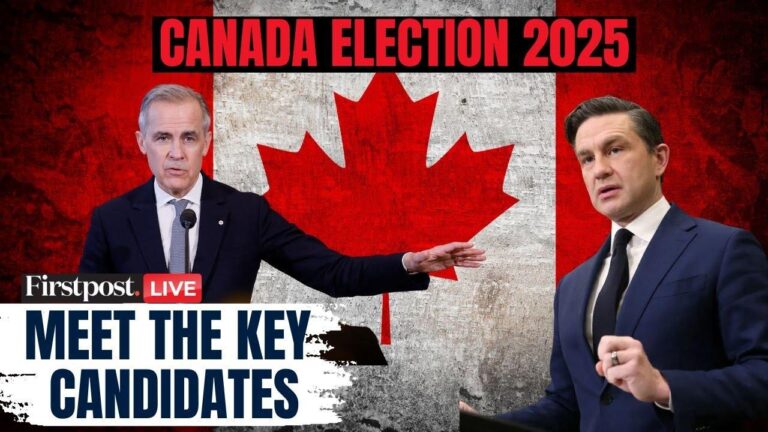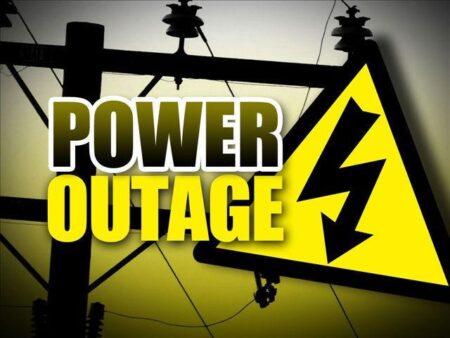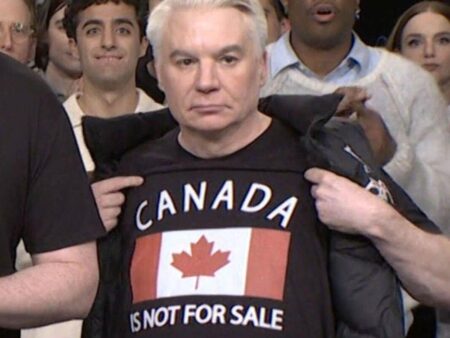Mark Carney’s China connections: A Double-Edged Sword in Canada’s Election
as canada gears up for a crucial election, former Governor of the Bank of england, Mark Carney, finds himself at the center of a political storm. his previous experiences in China are now under intense examination, transforming what was once seen as an asset into a potential liability. while Carney has been recognized for his extensive financial acumen on the global stage, his ties to the Chinese economy are raising significant concerns among voters and analysts alike. As campaign dynamics shift, questions about his foreign policy views and commitment to national sovereignty are becoming increasingly prominent. This evolving narrative underscores a growing skepticism among Canadians regarding their leaders’ relationships with China and reflects broader discussions about foreign relations amid changing geopolitical landscapes.
Carney’s China Connections Spark Debate in election Season
Mark Carney’s impressive career trajectory—including leadership roles at both the Bank of Canada and the Bank of England—has come under scrutiny due to his past interactions with China. Critics during this election cycle have raised alarms over potential risks associated with these connections, questioning how they might shape his positions on vital issues like trade policies, national security measures, and climate cooperation with Beijing. While supporters tout his international perspective as beneficial for addressing global challenges, opponents express concern that it may lead to alignment with policies that do not serve Canadian interests.
The implications of Carney’s background have become central to voter considerations as they assess their choices. Key concerns include:
- Economic Vulnerability: Is Canada overly dependent on trade with China?
- Human Rights Considerations: What does Carney’s history suggest about Canada’s stance on China’s human rights practices?
- Sovereignty risks: Coudl closer ties with Beijing pose threats to Canadian independence?
This backdrop has resulted in mixed reactions from voters; some view Carney’s experience as crucial for navigating complex global issues while others perceive it as a risk that could undermine Canada’s strategic position internationally.
Shifting Voter Perceptions Amid Growing Scrutiny on China Policy
The Canadian electorate is experiencing notable shifts in sentiment regarding foreign policy leading up to the elections—especially concerning relations with china. Candidates are feeling increased pressure from constituents who are scrutinizing their past dealings with Beijing more closely than ever before. Although Mark Carney has been praised for his economic expertise globally, many voters remain cautious about any perceived authoritarian influences stemming from his connections during his time at the Bank of Canada.This heightened demand for transparency is prompting doubts regarding whether previous collaborations align appropriately within today’s rapidly evolving geopolitical context.
The latest polling data reveals this changing mindset among voters; there is an increasing emphasis on national security and economic autonomy when evaluating candidates’ positions toward major world powers like China. As an example:
| Concern Area | % Voters Expressing Concern |
|---|---|
| National Security Threats | 70% |
| Economic Dependence Risks | 65% |
| Human Rights concerns | 60% |
| Economic Sovereignty Issues | 68% |
| As campaign momentum builds , candidates must navigate these sentiments carefully . A growing number of Canadians advocate nuanced approaches towards international relations , ensuring their interests while maintaining ethical stances concerning global matters . Mark carneys prior roles could prove double-edged sword compelling him recalibrate messaging align electorate shifting priorities escalating calls rigorous examination relations china . | |
| Your Strengths | your challenges |
|---|---|
| Your International Experience | lack Of Local Focus |
| Negative Associations With china | |
| Skepticism Among Voters | </table




